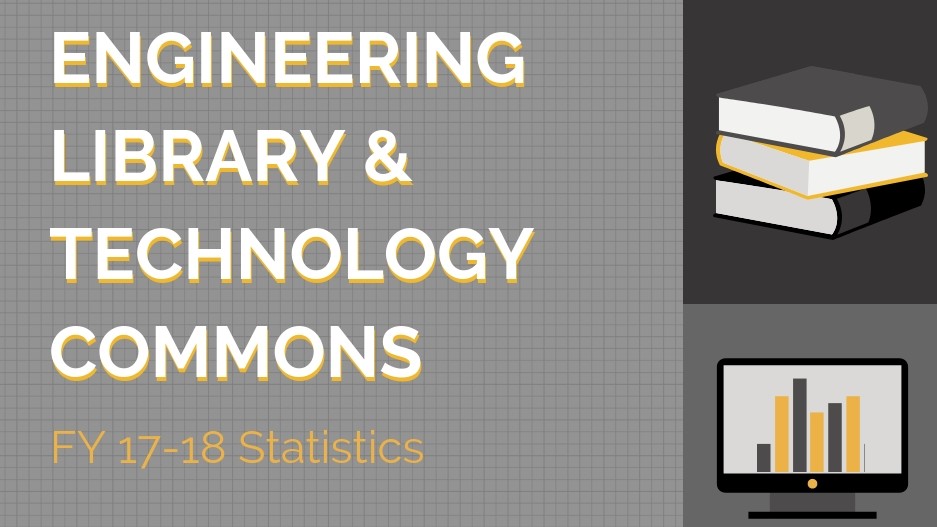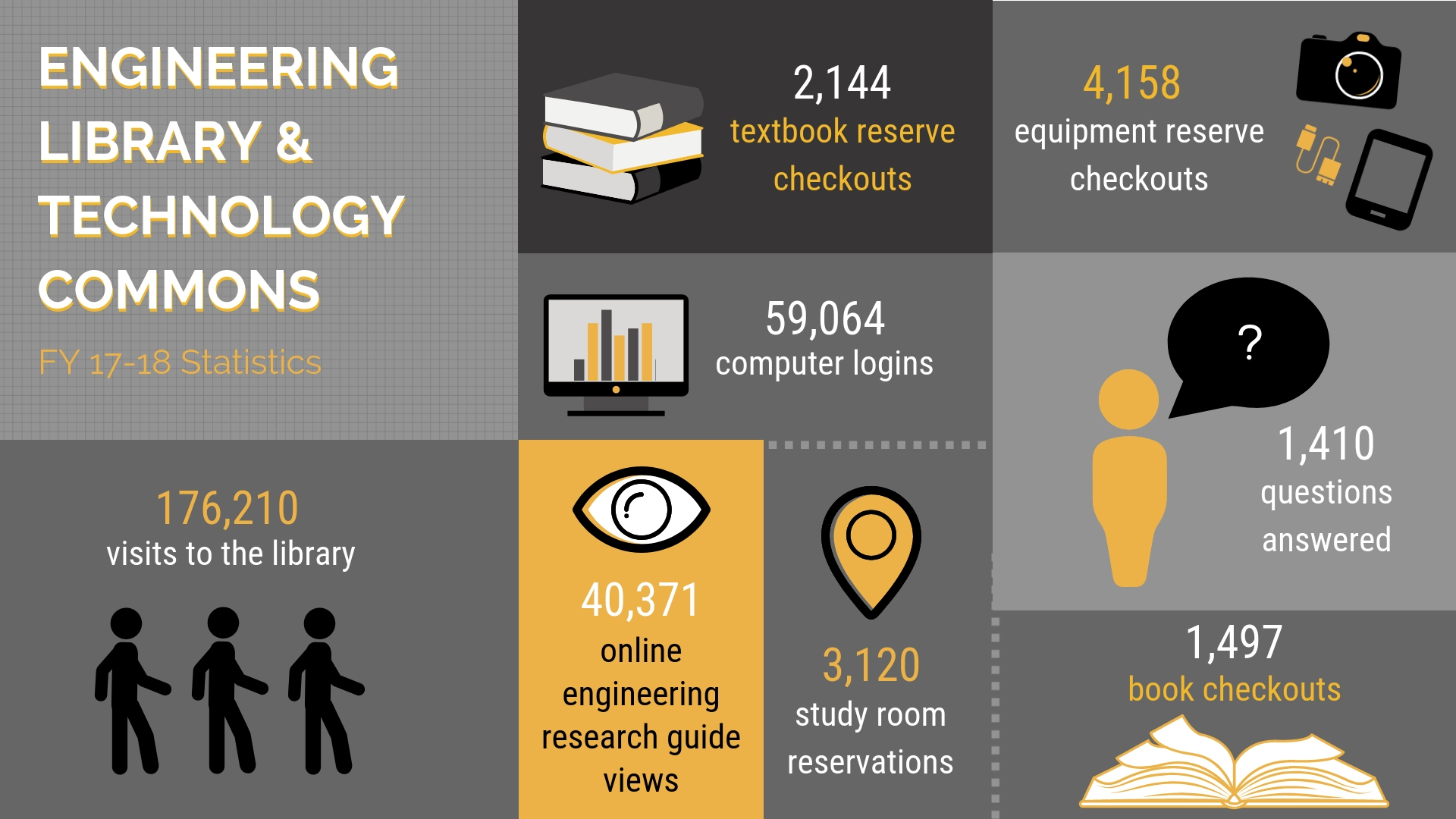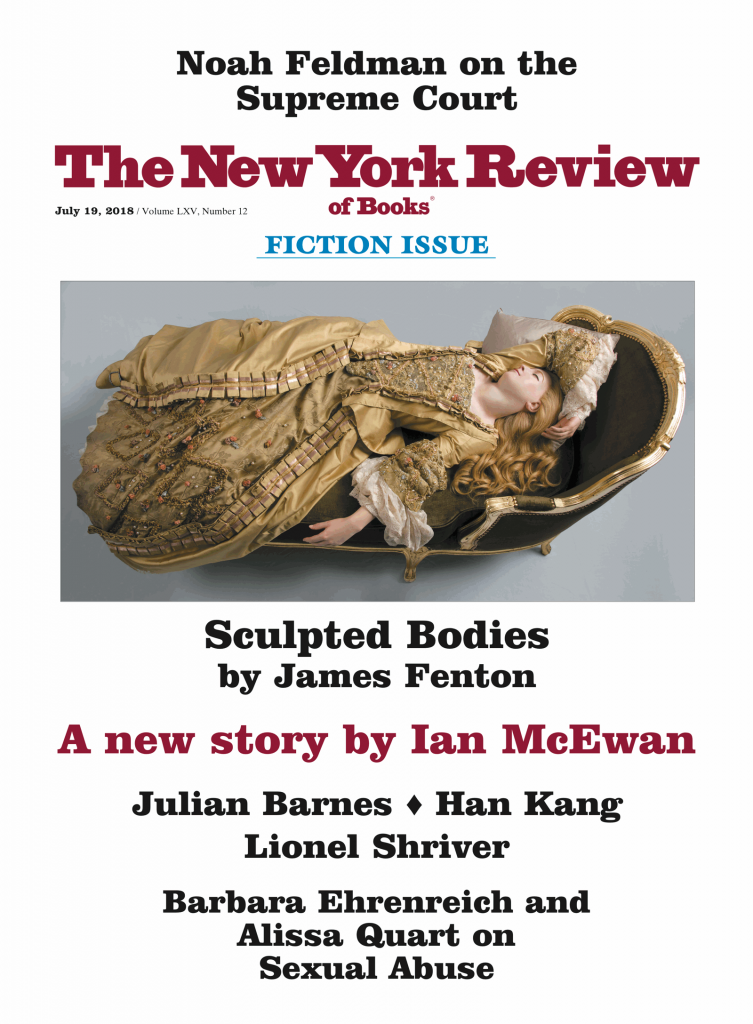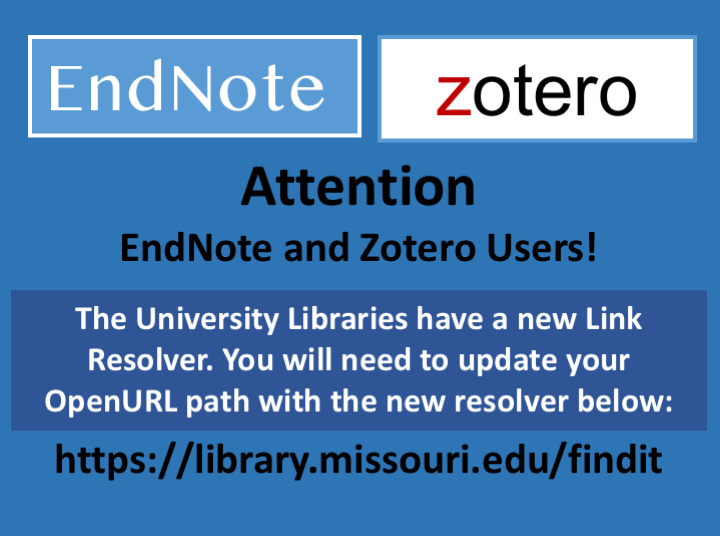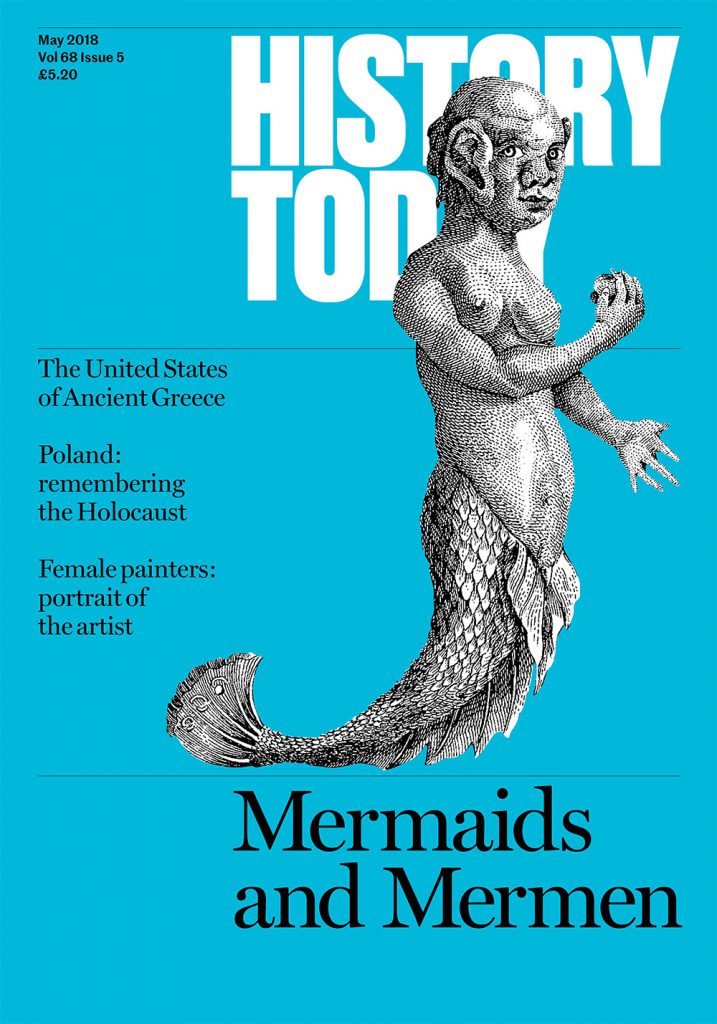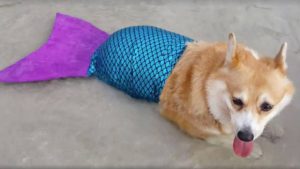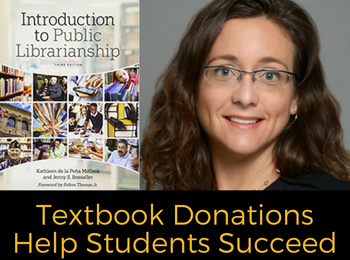Alora Bauer, MLIS ’18, didn’t know much about assistantships when she applied to the Library and Information Sciences graduate program at Mizzou. “After discovering that assistantships provided a tuition waiver and the chance for professional experience, I jumped at the chance to apply for the E-Learning Graduate Assistantship [at Ellis Library],” said Alora.
As the E-Learning graduate assistant, Alora learned how to create video tutorials, designed library guides, developed learning modules and helped build the library’s Digital Media Lab.
These projects challenged her creatively. Alora learned video production and basic coding, skills that benefit her on a daily basis now that she has her first professional position. As the Student Success Librarian at Boreham Library at the University of Arkansas- Fort Smith, she uses those skills in both her outreach and e-learning roles.
Alora credits the projects she worked on as a graduate assistant, as well as her experience in her graduate program, with helping her think outside the box and bring fresh ideas to her new library. Alora proposed hosting a drag queen story time in Boreham Library, following the wave of drag queen story times in libraries across the country. Working with Pride@UAFS, River Valley Equality Center, and the local public library, the story time took place in December 2018 and was an instant hit. Featuring Chloe Jacobs, Miss Gay Arkansas America 2018, this was the first story time of its kind in Arkansas and the community turned up to show their support for this history making event. “I had several people come up to me afterwards to tell me how much the event meant to them,” remembers Alora.
Putting on Drag Queen Story Time was incredibly important to Alora. “Drag Queen Story Time teaches empathy and encourages patrons to embrace one another’s differences in order to provide a safe and affirming environment for all. Our students deserve a voice and supporting diversity and inclusion is something all institutions should strive for.”
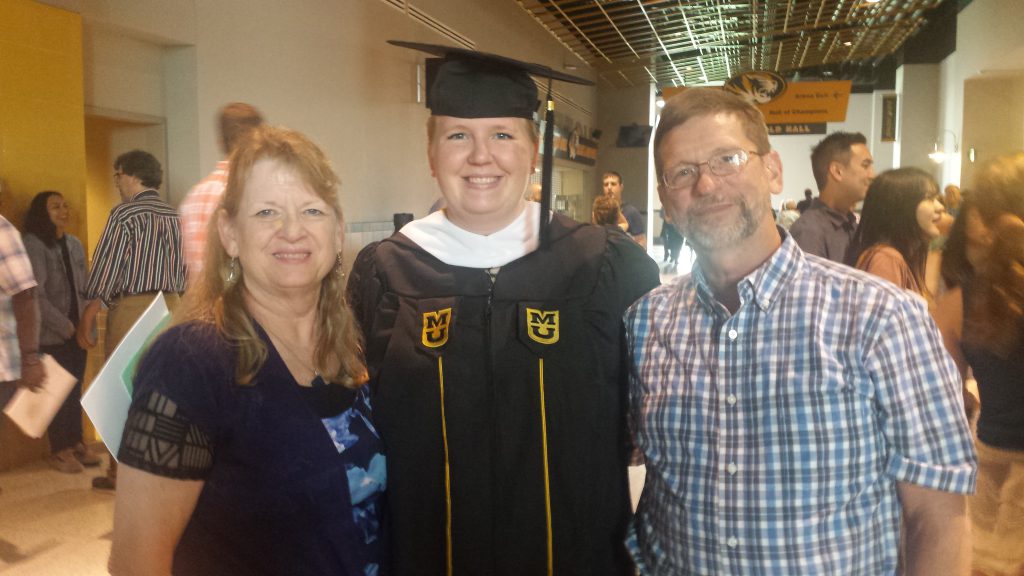
When she’s not making library history, Alora thinks fondly of her time at MU. Her advice to new and current students? Get involved!
“Being in an online program, I found it really hard at first because I wasn’t seeing my classmates in person like I used to in my undergrad program, so I didn’t feel like I had anyone to turn to for help or advice,” says Alora. “Of course, they were there all along; I just had to be proactive. The people I met in these organizations became my support system and life-long friends.”
Although Alora chose Mizzou because it was close to home, it ultimately ended up meaning much more to her. “I owe a great deal to the E-Learning Librarian and my supervisor Navadeep Khanal as well as all the other librarians working at Ellis. I learned so much from them, and I know for a fact that I wouldn’t be in the job I have today without that experience and their support.”

